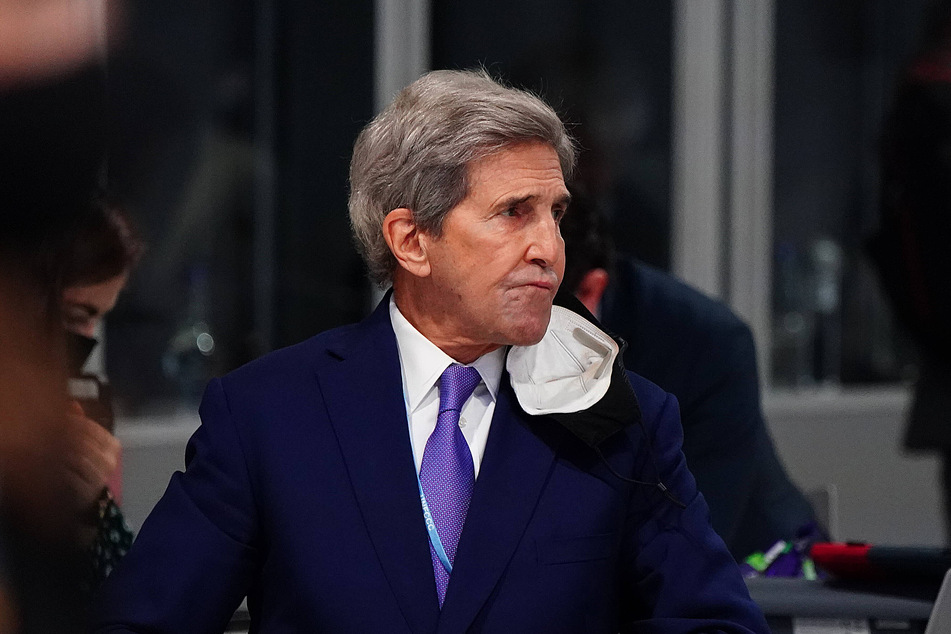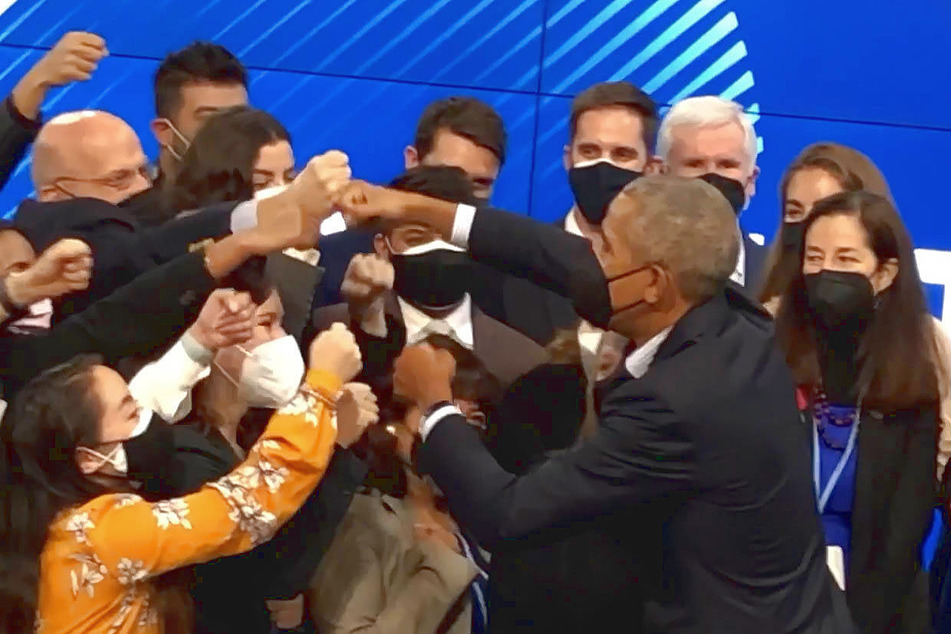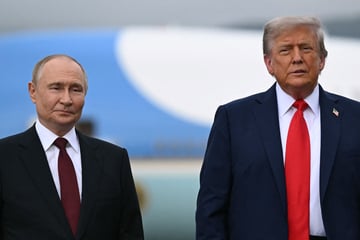COP26: Here's what the US pledged in the fight against climate change
Glasgow, UK - The biggest polluters pledged to do precious little to stop climate change, but John Kerry and the US delegation to the COP26 climate summit managed to seal the deal on a few minor issues.

John Kerry's team managed to get over 100 countries to sign the Global Methane Pledge, which invites them to reduce methane emissions by 30% by the end of the decade.
But even though there was agreement that methane is an issue and its emission should be curbed, the Global Methane Pledge does not include concrete targets, instead relying on signees to "do their best" with literally zero binding terms.
The pledge also includes efforts to identify the problem and reduce global methane emissions by 30% compared to 2020 levels.
But 2020 levels are already way too high compared to pre-industrial levels, which is where the baseline should be for any reduction agreements.
And although plenty of the worst methane polluting countries signed the pledge, Russia and China didn't, which means the two countries responsible for the most methane emissions aren't part of the discussion for curbing the emissions of a gas that is 34 times worse than CO2.
Much agreement, little accountability

The US and more than 100 countries also signed a pledge to end deforestation by 2030.
Although the pledge includes about 85% of the world's forests, many advocacy groups say that the lack of binding language wouldn't stop logging, especially since similar agreements in the past have not stopped deforestation.
The US also joined 19 other countries and pledged to stop pouring money into fossil fuel projects overseas by the end of 2022. However, that agreement is also non-binding, and the US still hasn't made any moves to stop exploration for and production of fossil fuels back home.
That is not a lot to show for two weeks at the climate summit that was supposed to be the "last, best chance" to stop climate change.
What could be significant for more concrete results is Monday's virtual meeting between Chinese president Xi Jinping and Joe Biden.
The end of this year's UN climate conference in Glasgow sent the US delegation home with small victories, and plenty of extra work, which starts today.
Cover photo: IMAGO / ZUMA Press

